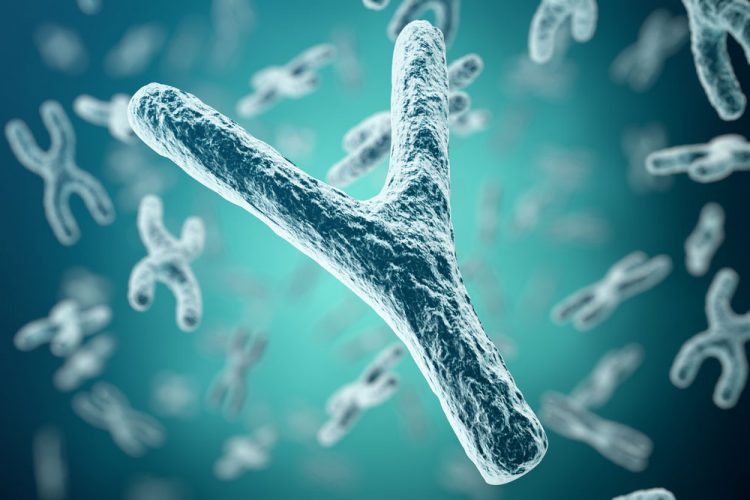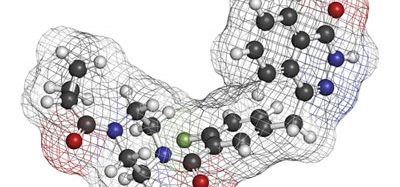Y chromosome discovery could advance personalised medicine
Posted: 27 November 2023 | Drug Target Review | No comments yet
Researchers have completely decoded the human Y chromosome, which may result in more effective treatment for digestive disorders.


Researchers Lanlan Chen and Dr Guoyue Lv from the First Hospital of Jilin University have achieved a breakthrough in human genetics, by the complete decoding of the human Y chromosome. This, alongside advancement in third-generation sequencing technologies, will revolutionise scientists’ knowledge of the genetic underpinnings of digestive disorders and lead to more personalised and effective treatment methods.
The Y chromosome is the smallest of the human chromosomes and has long been difficult to study because of its complex repetitive structure. However, recent advancements in sequencing technologies have allowed researchers to discover the intricate details of this genetic region, which has led to greater understanding of its role in sex determination and its potential impact on various diseases, including those affecting the digestive system.
Y chromosome sequence
By completing the Y chromosome sequence, a comprehensive reference is given for identifying genetic variations that may contribute to digestive diseases. This information is essential for understanding the ‘missing heritability’ problem, where the proportion of disease risk attributable to known genetic factors is not what is expected based on heritability estimates.
Biomarkers are redefining how precision therapies are discovered, validated and delivered.
This exclusive expert-led report reveals how leading teams are using biomarker science to drive faster insights, cleaner data and more targeted treatments – from discovery to diagnostics.
Inside the report:
- How leading organisations are reshaping strategy with biomarker-led approaches
- Better tools for real-time decision-making – turning complex data into faster insights
- Global standardisation and assay sensitivity – what it takes to scale across networks
Discover how biomarker science is addressing the biggest hurdles in drug discovery, translational research and precision medicine – access your free copy today
Third-generation sequencing technologies are pivotal for deciphering the complicated genomics of digestive diseases, as they can generate long, continuous DNA reads. They enable the detection of structural variations, like copy number variations and inversions, which could have an important part in disease susceptibility and progression. Detecting structural variations was previously inaccessible with older sequencing methods.
Targeted therapies
Combining complete Y chromosome sequencing and third-generation sequencing technologies has great promise for advancing digestive disease research. Finding novel genetic variants and explaining their functional roles means that researchers can better understand the mechanisms underlying digestive disorders.
Also, completing the Y chromosome sequence provides new opportunities for exploring sex-specific genetic effects. In many digestive disorders, sex differences in disease susceptibility and progression are well-documented. However, the underlying genetic mechanisms remain largely unknown. The Y chromosomes has unique genetic content and expression patterns, so could possess a vital role in these sex disparities.
These advancements could transform researchers’ understanding of digestive disorders, resulting in more personalised and effective treatment strategies to improve patient outcomes.
This study was published in eGastroenterology.
Related topics
DNA, Genetic Analysis, Personalised Medicine, Sequencing
Related conditions
digestive disorders
Related organisations
First Hospital of Jilin University
Related people
Dr Guoyue Lv (Jilin University), Lanlan Chen (Jilin University)







